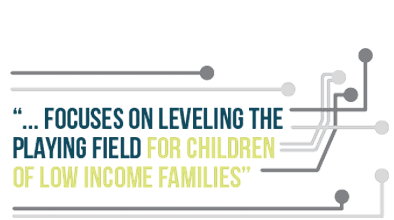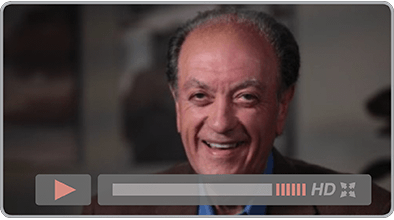Morino Institute
 Dedicated to sharing the message of high performance to a broader audience.
Dedicated to sharing the message of high performance to a broader audience. 
The Morino Institute was founded in 1994 to stimulate innovation and entrepreneurship, advance a more effective philanthropy, close social divides, and understand the relationship and impact of the Internet on our society. Initiatives have included the Potomac KnowledgeWay, Netpreneur, the Youth Development Collaborative, and YouthLearn. The culmination of its early years resulted in helping create Venture Philanthropy Partners which it continues to support.
The Morino Institute also facilitates and supports activities via its Leap of Reason initiative which is dedicated to sharing the message of high performance to a broader audience. Projects within this initiative include the development, publication, and dissemination of Leap of Reason and the packaging and distribution of Working Hard—and Working Well, both educational materials. The Institute also provides assistance to the Leap of Reason Ambassadors Community with the purpose of 1) inspiring, motivating, and supporting nonprofit and public sector leaders to build great organizations for greater societal impact and 2) increasing the expectation and adoption of high performance as the path to this end.
Mario Morino speaks about the Morino Institute

Mario Morino speaks about the Morino Institute


 “Managing to outcomes is not about simply counting things or gathering information. And it is not about satisfying funders. It is an internal effort aimed at figuring out what works and what doesn’t, so that the organization can provide the best possible services to its clients”
“Managing to outcomes is not about simply counting things or gathering information. And it is not about satisfying funders. It is an internal effort aimed at figuring out what works and what doesn’t, so that the organization can provide the best possible services to its clients” “You have to have undying passion for the population you’re serving. We can spend time patting ourselves on the back for the 85 percent of the kids who are doing really well in our program. But we need to be as concerned about the 15 percent who aren’t succeeding and learn how we can improve for them.”
“You have to have undying passion for the population you’re serving. We can spend time patting ourselves on the back for the 85 percent of the kids who are doing really well in our program. But we need to be as concerned about the 15 percent who aren’t succeeding and learn how we can improve for them.” “Through a process of self-reflection, our board members asked themselves fundamental questions: How can we improve? How can we make a greater impact?”
“Through a process of self-reflection, our board members asked themselves fundamental questions: How can we improve? How can we make a greater impact?” “Every day, you have to say, ’How can we do this more efficiently and more effectively?’ It’s in our DNA.”
“Every day, you have to say, ’How can we do this more efficiently and more effectively?’ It’s in our DNA.” “Any school in the country can do this. And it breaks my heart that we’re not [all] doing this!”
“Any school in the country can do this. And it breaks my heart that we’re not [all] doing this!” “Stories substituting for facts is like fingernails on a chalkboard for me!”
“Stories substituting for facts is like fingernails on a chalkboard for me!” “You’re taking someone else’s money to get into somebody else’s life to try to make a difference. You better be showing you can make a difference!”
“You’re taking someone else’s money to get into somebody else’s life to try to make a difference. You better be showing you can make a difference!”